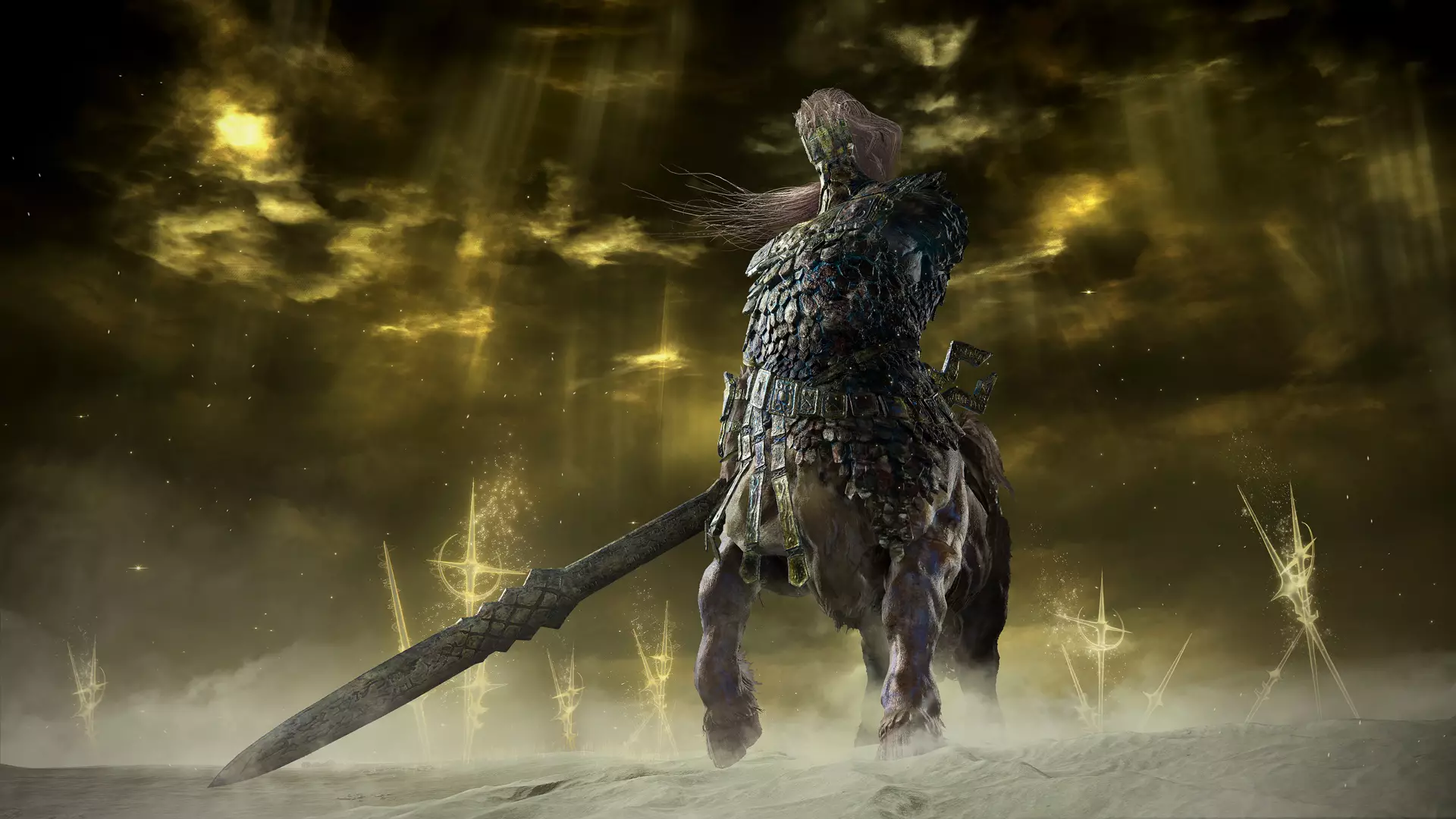FromSoftware’s journey with Elden Ring Nightreign marks a significant departure from the company’s traditionally slower-paced, single-player experiences. This co-op spin-off has sparked an intriguing conversation among fans and developers alike, as it embraces a format that is as exhilarating as it is restrictive. The decision to incorporate rapid, 45-minute matches with a tight three-day structure raises the stakes considerably compared to the leisurely exploration admired in games like Dark Souls and Bloodborne.
The franchise is renowned for granting players the freedom to pause, reflect, and immerse themselves in detailed environments, often filled with atmospheric lore. This newly adopted pace, while exhilarating, provokes a deeper inquiry into what players value in their gaming experiences. Are we, as gamers, ready to trade leisurely exploration for a frenzied race against time?
The Balancing Act Between Innovation and Tradition
Director Junya Ishizaki, in addressing the “fork in the road” during the game’s development, encapsulates this conflict. The challenge posed by the faster gameplay rhythm reflects a broader dilemma in game design: how to innovate while remaining faithful to the core tenets that fans cherish. Ishizaki’s validation of the urgent gameplay structure showcases a willingness to challenge conventional expectations, which can either lead to growth or alienation of a dedicated fanbase.
This dichotomy is not new in the gaming world—numerous franchises have grappled with the tension between preserving legacy and embracing new mechanics. It’s a delicate balancing act that can offer players fresh experiences while potentially erasing the elements that originally drew them to the game.
Time vs. Immersion: A New Kind of Challenge
Elden Ring Nightreign’s rigid schedule forces players to adopt a more tactical approach, prioritizing speed over meticulous exploration, which can feel both thrilling and disquieting. It changes the player’s relationship with the world. Instead of lingering in verdant glades or exploring societal ruins at a leisurely pace, players now find themselves racing against time to vanquish foes and gather loot.
Such design decisions, while imposing limitations, offer a distinct challenge that could redefine what multiplayer experiences can achieve. For players who thrive on urgency and competition, this represents an appealing evolution. Yet, for those who find solace in strategic pacing, the transition may feel like a betrayal of the very essence of what made the originals so memorable.
Welcome to the Future: Encountering the Unknown
In an age where innovation often risks complacency, FromSoftware’s shift in focus may be just what the industry needs. As they urge players to adapt to brisker encounters, they also challenge an ingrained notion of what makes a video game experience fulfilling. The developers’ response to asset reuse further reveals an intention to keep the gameplay language fresh while learning from established principles—a decision commendable for its ambition, yet risky in execution.
In embracing time constraint as a central theme, Elden Ring Nightreign may not just be a game; it could transform how multiplayer dynamics are perceived in a genre often dominated by nostalgia and slower exploration. It invites gamers not merely to engage with content but to reconsider their approach to gameplay itself, amplifying the question: how do we define the essence of a gaming experience?


Leave a Reply